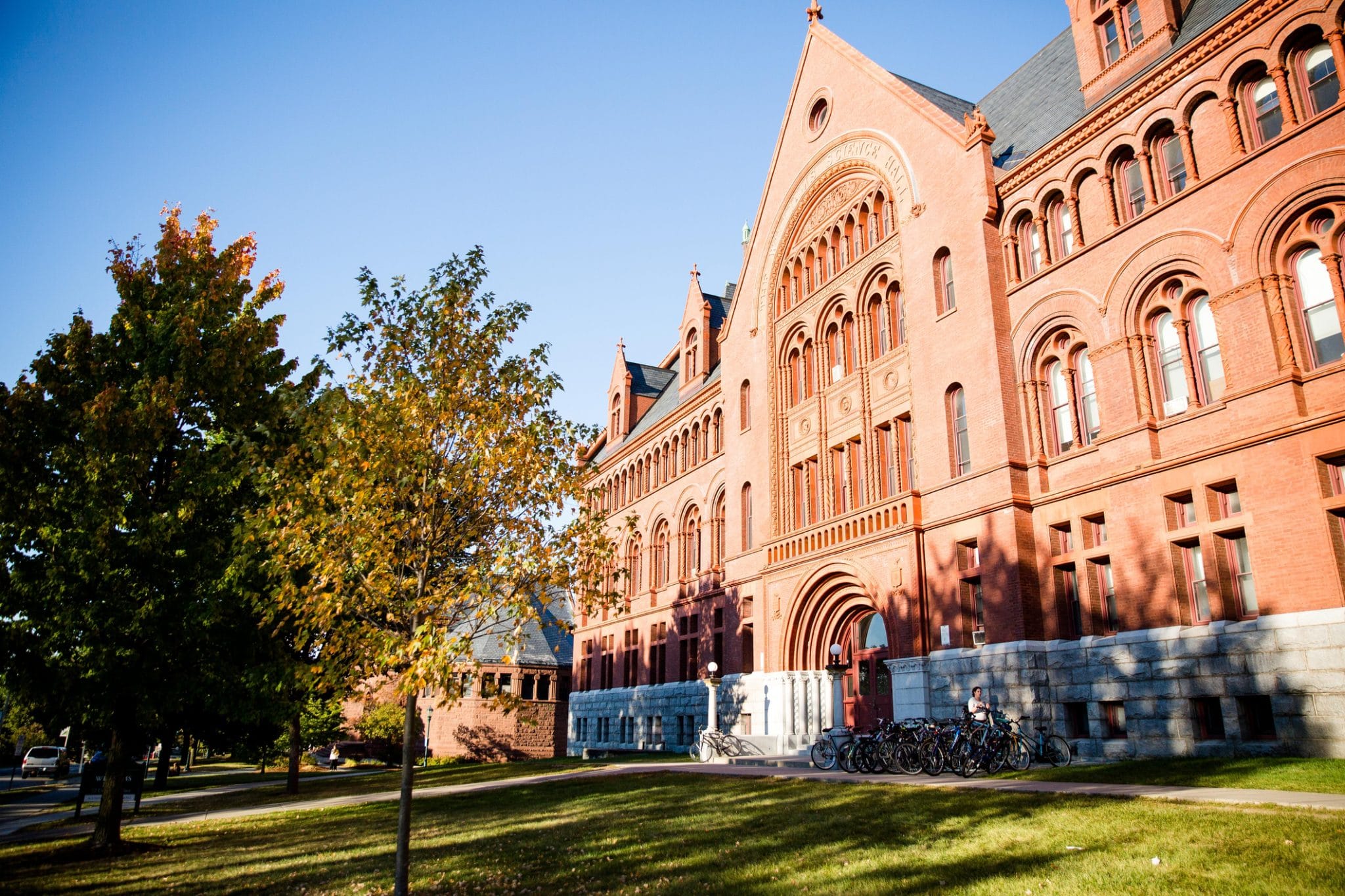College visits are an essential part of building your college list. You don’t need to see every college before you apply, but you should see some representative models and then pursue more of those that are like the ones you prefer. Before you hit the road, though, you should know what’s potentially a good fit, and you should do enough browsing and research to make the visits worthwhile.
The college visit and campus tour are a matter of timing
You’re probably insanely busy, and breaking out the time campus visits is not easy. That’s especially true when you factor in the availability of an on-campus tour and information sessions, let alone one-on-one interviews. You might be free on most Sundays, but many college admission offices are closed. School vacations could be a possibility, but college campuses are like ghost towns then because they’re on break as well. You’ll need to make some compromises, perhaps missing a practice or performance here or there, or working with your teachers and guidance counselor to be excused from classes on a few days.
This lack of time makes it all the more important that you prepare for them and make every college visit count.
Why should you bother with campus visits?
First of all, you need to know what seems to be a fit for you, and there’s no substitute for actually visiting a campus. An online tour or DVD can give you an initial flavor, and the “official” tour set up by the admission office is a good introduction. But your own personal campus tour—walking around, seeing the students, going in and out of buildings, and seeing what’s in the surrounding area—is essential to helping you establish your comfort level with the institution as a whole. Second, colleges are starting to pay more attention to how much attention you pay them. How do you demonstrate interest, so that a college will be more likely to admit you? Visit, of course. Interview, if they’ll let you. Write great essays that establish the logical fit between you and the college, and continue to stay in touch with the college and its representatives through letters, e-mails, and calls during your senior year.
The power of research coupled with college visits
So how do you discover, and then establish, that logical fit between you and some large institution that you don’t know much about? Research. Research should begin very early. Get to know your prospective colleges’ Web sites, because that’s where they make available almost any information you could possibly want. You can delve deeply into prospective majors, course listings, faculty research areas, special programs, internships, scholarships, graduation requirements, academic opportunities, and extracurricular offerings.
What majors are offered? Minors? What are the requirements? Can you find out the percentage of students majoring in these areas? As you read through the courses listed in the department, do you find yourself getting more interested or tuning out? How do these offerings compare to the other colleges you are researching? Spend some time in the academic section of the colleges’ Web sites, and then spend time in the admission section. Here is where you’ll find the incoming class profile that lists the scores, grades, geographical background, and other aspects of the first-year class. Can you place yourself in this profile? Does this school seem like a huge stretch? A target? A likely admit? Look for special admission and academic programs, scholarship opportunities, information on need-based financial aid, and extracurricular offerings. Begin to try to find your place in this college. If you can’t, it’s probably not a great fit. If you find yourself becoming increasingly interested, then a campus visit is likely to be worthwhile.
Keep track of what you see during each college visit
As you continue your visits, be mindful of the model you’re exploring. Size, location, institutional type (from college to research university), campus environment, and other factors will play out differently for you. Keep notes and review them as you continue your research by going back to the college Web sites and other third-party sites and guide books that will offer you additional perspectives. Is there a theme that is starting to develop? Are you drawn to one or more types of college or university? If so, that’s the starting point for your next visits. Which other institutions might compare well to the ones you like?
As you can see, research is a continuing process, and visiting doesn’t stop until you finally select the one college you will attend. Even in late spring of your senior year, you’ll likely find yourself reviewing college materials carefully and planning a couple of final follow-up visits—maybe with another campus tour—to schools that have admitted you. This ongoing evaluation and open-minded, critical analysis is a key component of a smart, well-informed approach to college admission—one that will help you to find and gain admission to a college where you are most likely to be successful and happy.



